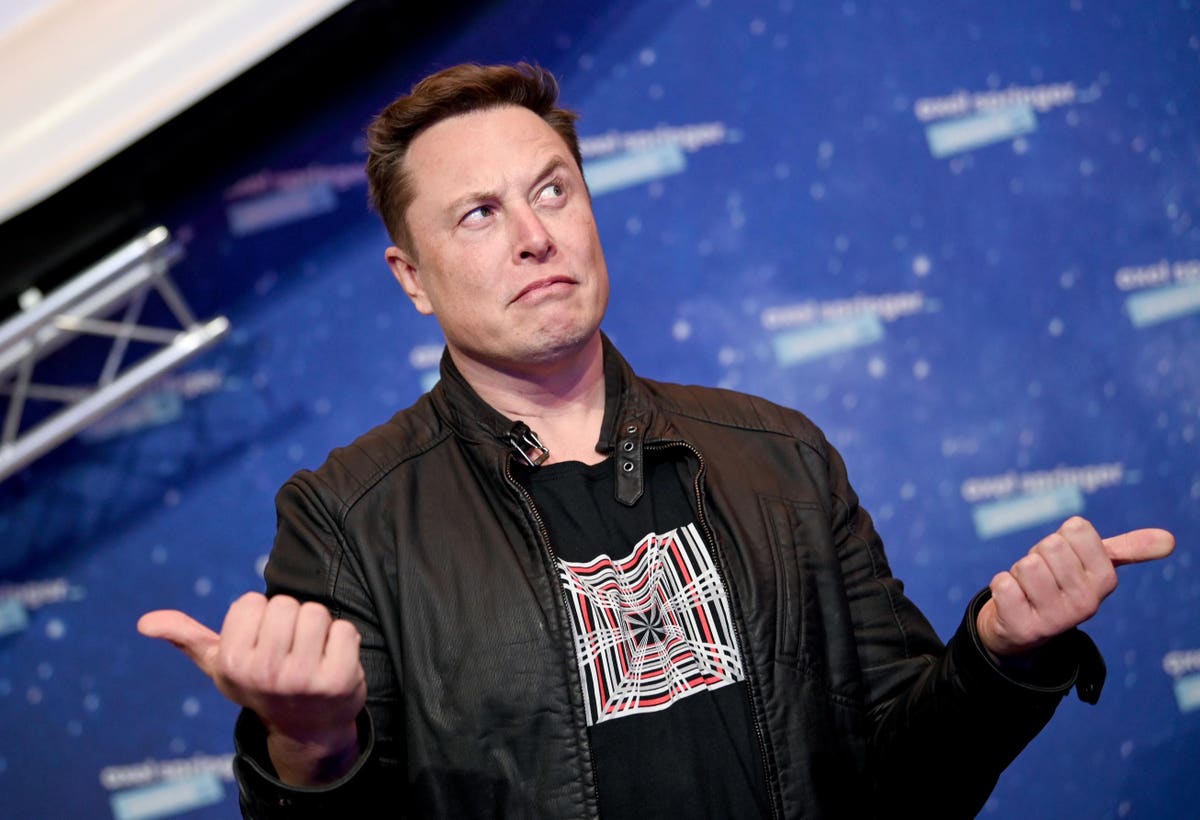Elon Musk has deemed the words “cis” and “cisgender” slurs on Twitter and warned that anyone who harasses others on Twitter will receive at least temporary suspension. The warning came after a Twitter user complained others had labeled him “cis .” Here’s what the word means and why it has become so polarizing.
The term “cis” is short for cisgender, meaning someone whose gender identity matches the sex they were assigned at birth. In other words, it’s the opposite of transgender. Elon Musk was male at birth and still identifies as a man, so he is legitimately cisgender.
The prefixes ‘cis’ and ‘trans’ have wide usage beyond gender. “Cis” is defined as “on this side, and “trans” means “on or to the other side,” according to the Merriam-Webster Dictionary. A flight from Pittsburgh to Paris is transatlantic because it crosses over to the other side of the Atlantic Ocean. A flight from Chicago to Philadelphia is cisatlantic because it remains on the same side of the Atlantic Ocean. And in chemistry, molecules with atoms on opposite sides are called “trans,” and those with atoms on the same side are “cis.”
Retired researcher and physician educator Dana Defosse says she coined the term cisgender in graduate school in 1994 to describe people who were not transgender. The word has grown in popularity and was added to the Oxford English Dictionary and Merriam-Webster Dictionary in the middle of the last decade. So why the Twitter pushback on the use of the widely accepted word?
Some don’t like the term because “it challenges the false narrative that gender identity depends on biological sex,” Defosse wrote in response to Musk’s comments in an op-ed in the San Francisco Chronicle. In other words, for those who don’t believe that gender identity can differ from the sex assigned at birth, there’s no need for additional terminology.
Using this argument, Harry Potter author J.K. Rowling supported Musk’s comments on “cis.” “ ‘Cis’ is ideological language, signifying belief in the unfalsifiable concept of gender identity. You have a perfect right to believe in unprovable essences that may or may not match the sexed body, but the rest of us have a right to disagree and to refuse to adopt your jargon,” she tweeted. She reasons that accepting the label “cis” involves agreeing that someone’s gender identity may not match their biological sex. It seems Rowling does not agree with this premise.
Rowling and Musk’s arguments suggest that cis peoples’ gender identities are more legitimate than trans people’s. In other words, cisgender individuals are presumed to be the norm, and transgender are deemed abnormal by comparison. “I’m not ‘cis,’ I’m normal,” the argument goes. Author and activist Julia Serano labels this attitude “cissexism.”
Not everyone who dislikes the term is cisgender. Some in the LGBTQ+ community have argued that the word perpetuates the notion that gender is binary. University of Southern California gender studies professor Chris Freeman told The Advocate that the term “creates, or re-creates, a gender binary, which is exactly what many scholars and activists have been fighting against for decades.” Not everyone identifies with their birth sex or the opposite sex. Those who identify as gender fluid or nonbinary are neither transgender nor cisgender. It’s unlikely that Musk labeled the term a slur because he was concerned about nonbinary individuals feeling left out.
Describing Elon Musk and J.K. Rowling as cisgender is accurate. Banning the use of the term on Twitter only serves to alienate the trans community and invalidate their gender identities.
Read the full article here




